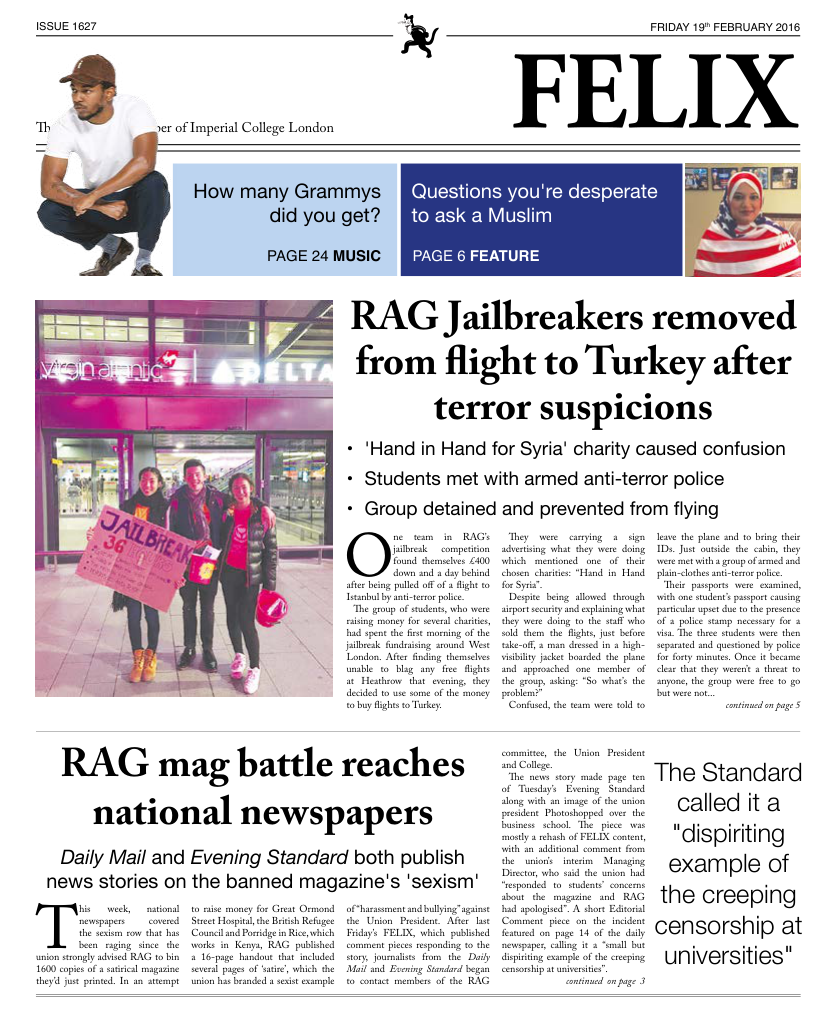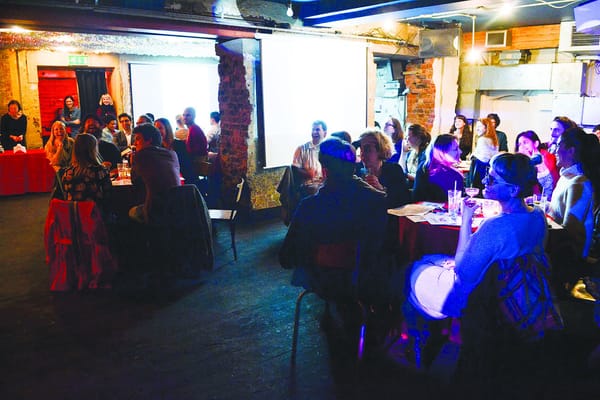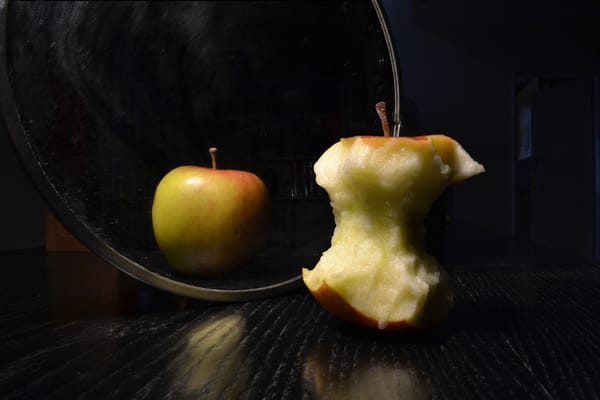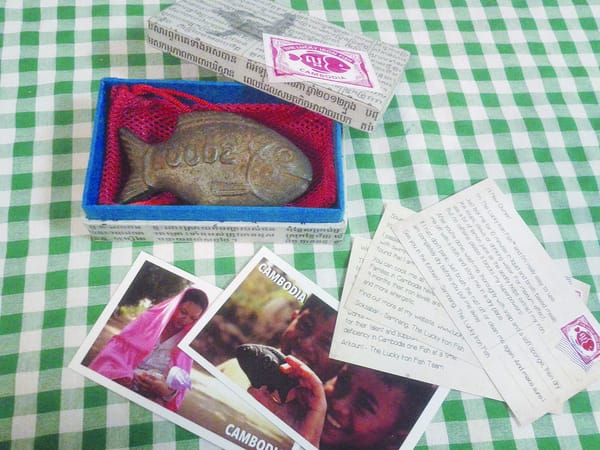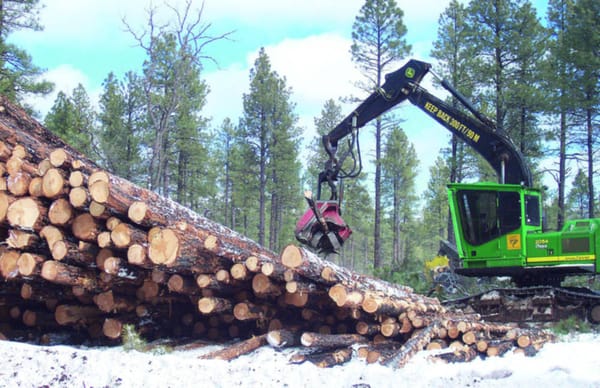Science & the City
Our regular new science column
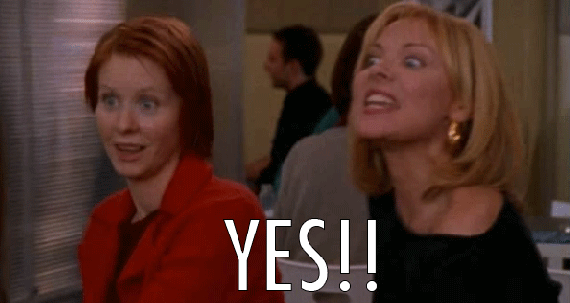
She walks among us and with us. Rattling in our pockets beside loose change, beaming through the air, whipping us through the underground in the much-beloved, spacious Tube, and sending Londoners south to Ibiza or Tangiers. Science is everywhere in our world. But it’s more than just a pragmatic method of understanding the universe and creating new ways to navigate and interact with it; it’s a creative force in our human society with powerful feedback mechanisms that determine many aspects of our lives. So no matter how interesting (or dreary) you may find it, it’s worth exploring how we interact with science and the many impacts it has on our lives – from the kid learning the hard way that gravity is a very real force when they do that first belly flop at the pool, to the disenchanted adult zoning out on the couch, to some droning late night news about climate change.
In Science & the City we’ll explore the many interconnected ways that we interact with the scientific way of thinking, and its real-world application. From societal interactions, challenges within scientific communities, connecting science with other sectors and spheres of life, to cultural and historical understandings and beyond, we’ll explore together this very modern way of thinking about our world. Questions like why is so much of researcher’s time now allocated to grant writing instead of research? How do we address sexism in laboratories and research facilities? Why are field naturalists dying out? How do we make our research exciting to different audiences – or do we even need to?
Considering Imperial College’s strengths in sciences and the fact that we have the greatest concentration of high-impact research of any UK university, many of us will go on work directly in science, often in influential positions. So let’s consider what space it is that science occupies in the world as we move through it, with it, and because of it.
And if you have any thoughts around the human side of science, get in touch, and we can go for a coffee (or tea, or water, or whatever) and explore your views of Science & the City.

